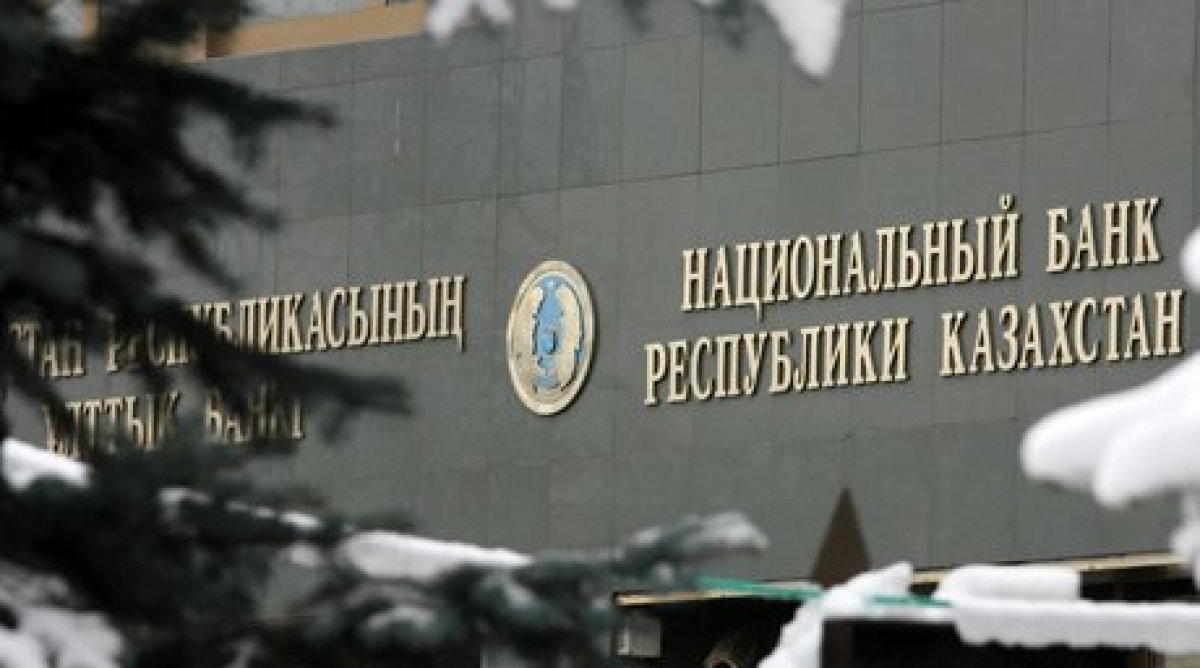Kazakhstan struggling to prevent sharp devaluation of tenge

By Sara Rajabova
Kazakh government is grappling with economic difficulties due to the sharp fall in global oil prices and hard economic situation in Russia, its biggest trade partner.
The government is making efforts to prevent the sharp devaluation of national currency-tenge that could dramatically worsen the economic situation in the country. The pressures on the tenge keep on growing.
Kazakhstan’s top banker said the government will not allow sharp devaluation of the national currency.
“The National Bank intends to avoid sharp fluctuations of KZT exchange rate in 2015,” said Kairat Kelimbetov, Central Bank of Kazakhstan’s Governor said in briefing in Astana on February 12.
He said there are appropriate reserves of safety: gold-exchange reserves and the National Fund.
The rumors of devaluation have increased in February as the tenge devalued twice in the last six years, both times in February. The Central Asian economy experienced a 22 percent devaluation of the tenge in February 2009 and then a one-step 19 percent devaluation of its currency last year, also in February.
Kelimbetov said the National Bank of Kazakhstan continues policy of the current exchange rate corridor during the current macroeconomic conditions.
“If there are changes on external capital markets we will not allow the sharp devaluation, and will work within the framework of the smooth and flexible changing of exchange rate,” said Kelimbetov.
He went on to add that de-dollarization of economy is an important task, noting that currently the government intends to approve the joint action plan on de-dollarization of economy at the beginning of next week.
Dollarization is one of the big problems in Kazakhstan, which relies primarily on exporting raw materials that it sells for dollars. This occurrence is quite a common among emerging nations, where the dollar is more stable in its value than the domestic currencies. According to the data of the NBK, 55.5 percent of all the deposits in Kazakhstani banks were denominated in foreign currency as of December 2014.
It was previously reported that the government and the National Bank of Kazakhstan were to prepare a package of measures for de-dollarization of economy in early 2015. The possibility of increasing the size of the guaranteed volume of KZT deposits in commercial banks by twice - up to 10 million KZT was considered as one of the measures for de-dollarization. In addition, it was said about the intention to introduce a ban on the pricing of goods and services in the country in standard units.
The dramatic fall in global oil prices is among other problems complicating the economic situation in Kazakhstan, which is heavily dependent on oil revenues. Kazakh economy strongly hurt after the oil prices fall about 50 percent.
Kelimbetov said Kazakhstan may resort to the gradual devaluation of the tenge in case if the average oil price will be less than $ 50 per barrel.
He said a smooth change in the exchange rate can occur through the expansion of the exchange corridor.
"But it's all hypothetical and can be realized only in case of a decrease in oil prices below $ 50 per barrel," said Kelimbetov.
He assured that today there is no macro-economic prerequisites for the depreciation of the tenge against the U.S. dollar.
--
Sara Rajabova is AzerNews’ staff journalist, follow her on Twitter: @SaraRajabova
Follow us on Twitter @AzerNewsAz
